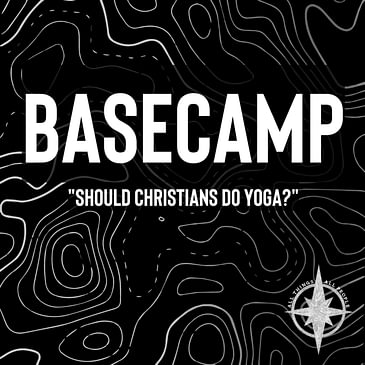What is the true background of yoga and how should Christians interact with it? Is there room for "Christian freedom" to play a part in this Hindu religious practice?
Jeremy Jenkins, of All Things All People, walks through these questions and more as ATAP seeks to "explore the darkest places and worldviews and equip Christians to engage them with the Gospel."
For more info on yoga, check out this article:
https://society.allthingsallpeople.org/blog/is-it-okay-for-christians-to-do-yoga






